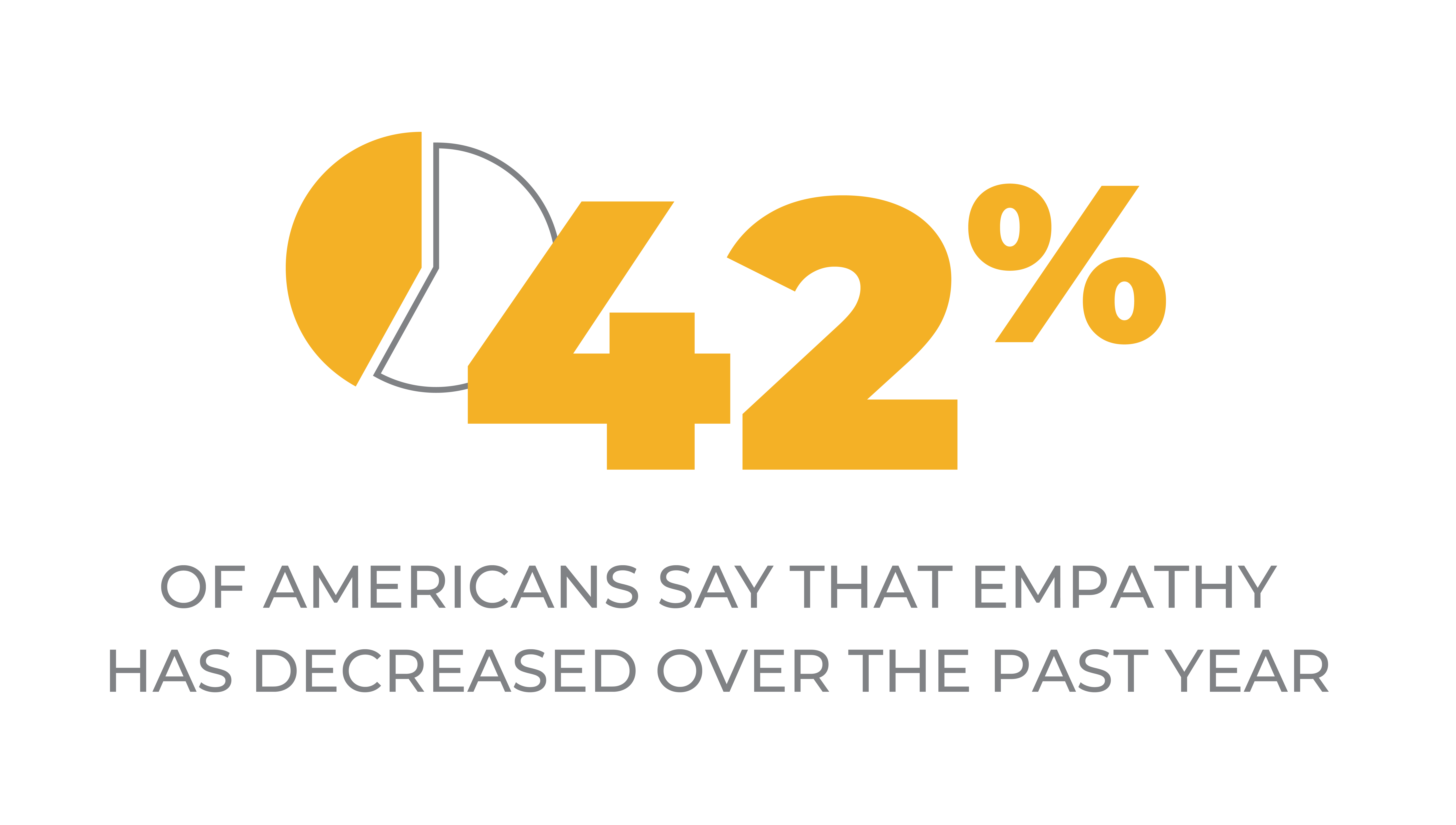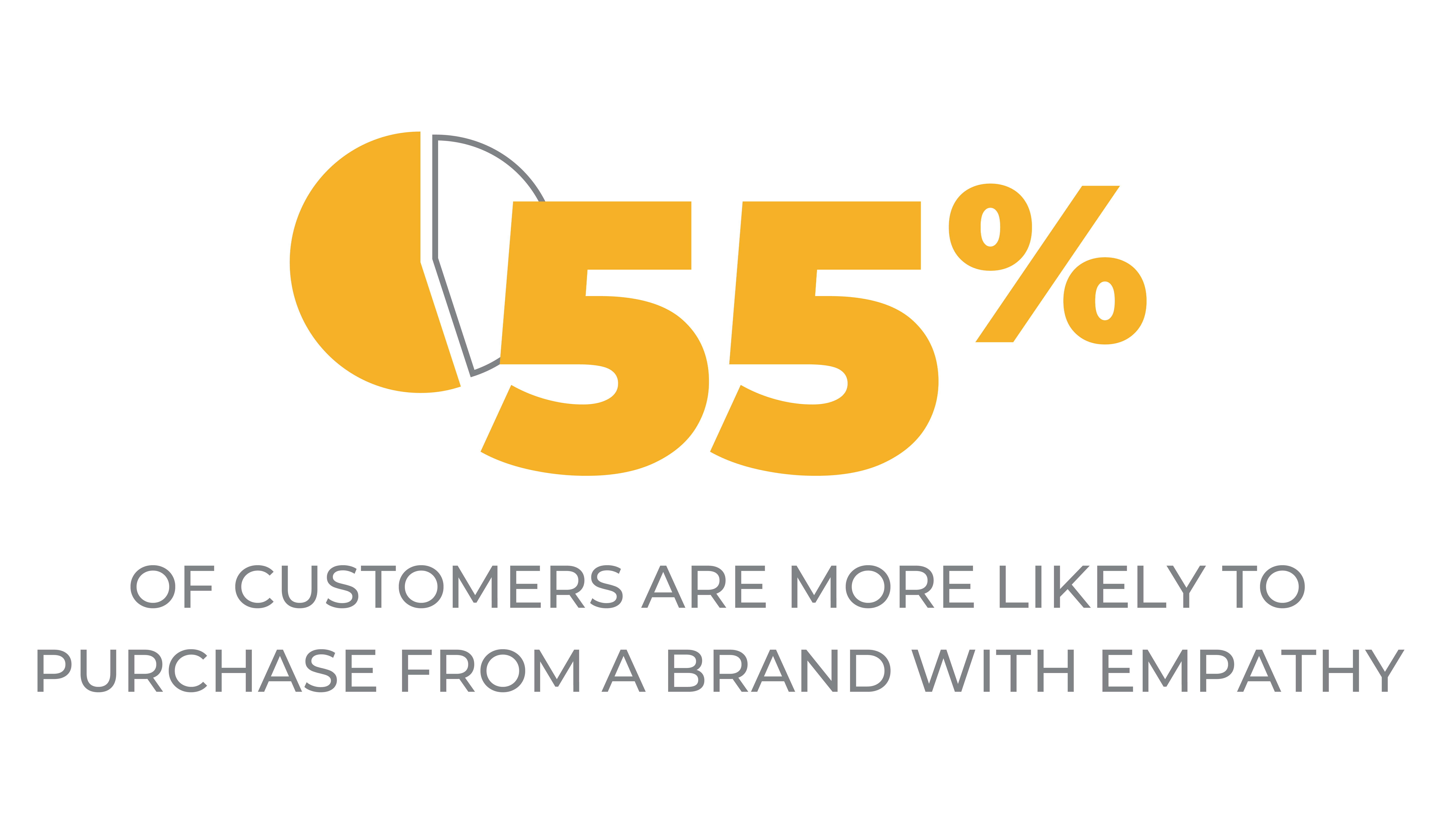The world is changing in many ways. How we communicate is maybe one of the biggest changes we’ve seen. Not only the channels of communication, but also through drastic shifts in the tone and content of what we say and how we say it.
In turn, copywriters have to adapt, as well. That means being more empathetic than ever.
Of course, empathy has always been perhaps the most important tool in a copywriter’s arsenal. They have to take on the brand’s tone in a pitch-perfect manner, understand the problems of the audience with whom they are communicating and find a way to communicate the brand’s promise without activating the gag reflex so many consumers have when they encounter a sales pitch being shoved down their throats.
You’ve heard us talk a lot about Return on Empathy™ for brands. But personally, ROE has been a very important north star when it comes to writing copy at Geile/Leon. Today, we’re going to talk about how that is translated into the creative process and executions.
First of all, fear no longer works. Consumers are smarter than ever, and trying to motivate with fear will do more harm than good. They can seek out reviews, product specs and influencer opinions to find all the nitty gritty details that they need.
You have to act as a sales docent, leading them to the top of the mountain where the solution lies. You know what they need; all it takes is leading them to the correct path and solving their problem together.
Next, storytelling is a large part of that journey. Decisions are not made simply on logic alone. A huge dose of empathy, relatability and personality should be present throughout. You can use your story to explain how the brand empathizes with their pain and why it is so driven to solve that problem better than anyone else. For example, half the fun of a Southwest flight is the injection of the flight crew’s personality into your journey.
Finally, you not only must tell a compelling story, but it has to be communicated clearly and concisely. Don’t make your customers wade through the details, bogging them down with information that isn’t relevant or interesting to the customer. Especially in campaigns focused on generating awareness, you want to pique interest first and foremost.
Speaking of which, always keep in mind where you are on the sales funnel. When you’re in the conversion stage, you’re about to take the final step in your journey with the consumer. This is the moment we’ve all been waiting for! It should the exciting conclusion to the story, so don’t peter out with some boring or inauthentic copy when the finish line is in sight. Make sure you finish with a flourish!
Just like every person has a story, so does every brand and every product. But it’s not enough to simply tell it. You have to make it interesting, but also relatable. Or else it’s just someone telling you about a dream that’s only interesting to the person who had it. Empathic marketing is all about telling a story where your customer is the protagonist, not your brand. That’s how you make connections that don’t just sell a product, but instead provide a solution in a way that lets the customer be in charge.
If you think your brand could use a healthy infusion of empathy (and what brand doesn’t?), then get in touch. Let’s talk. We love to talk about empathy, but what we really enjoy is listening to our clients’ stories and helping them tell them.


